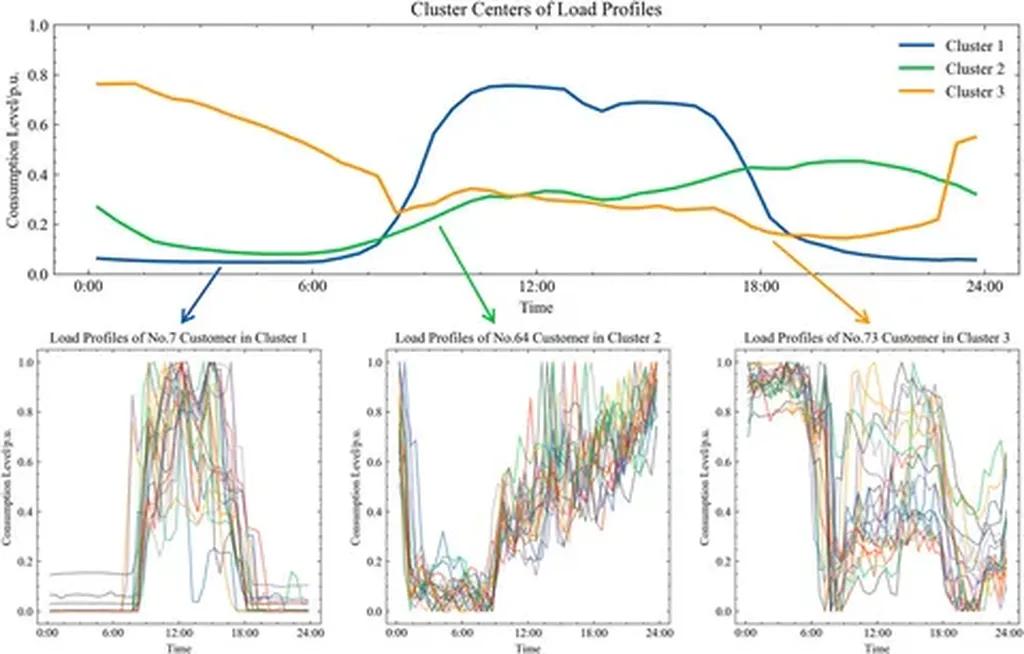In the rapidly evolving landscape of smart grids and energy analytics, data is the lifeblood that fuels innovation. However, the sensitive nature of energy consumption data often restricts its availability, posing a significant challenge for researchers and industry professionals alike. A recent study published in the journal *Applied Sciences* (translated from Bulgarian as “Applied Sciences”) offers a promising solution to this dilemma, leveraging the power of generative adversarial networks (GANs) to create synthetic load profiles that could revolutionize the energy sector.
At the heart of this research is Tsvetelina Kaneva, a computer systems and technologies expert from the University of Ruse “Angel Kanchev” in Bulgaria. Kaneva and her team have developed a novel approach using a lightweight 1D Convolutional Wasserstein GAN with Gradient Penalty (Conv1D-WGAN-GP) to generate high-fidelity synthetic 24-hour load profiles. This method is particularly adept at handling small to medium-sized datasets, where traditional recurrent neural networks often falter due to overfitting or training instability.
“Our model is designed to capture localized temporal patterns while remaining compact and stable during training,” Kaneva explains. “This makes it an ideal tool for scenarios where access to large datasets is constrained, such as in privacy-sensitive energy modeling applications.”
The implications of this research are far-reaching. Synthetic load profiles can be used for a variety of applications, including smart grid analytics, demand forecasting, and privacy-preserving data sharing. By generating realistic load profiles, energy companies can test and validate their systems without compromising sensitive customer data. This not only enhances data security but also accelerates the development and deployment of new technologies.
Kaneva’s team benchmarked their model against several baseline models, including vanilla GAN, WGAN-GP, and Conv1D-GAN, across four datasets with varying consumption patterns and sizes. The results were impressive. The Conv1D-WGAN-GP consistently outperformed the baselines, particularly in low-data scenarios, demonstrating its robustness and generalization capability.
“This research is a game-changer for the energy sector,” says a senior analyst at a leading energy consultancy. “The ability to generate high-quality synthetic data will enable more accurate demand forecasting and better resource management, ultimately leading to more efficient and reliable energy systems.”
The study also highlights the potential for this technology to be applied in various domains, including industrial, agricultural, and residential settings. As the energy sector continues to evolve, the need for robust, privacy-preserving data solutions will only grow. Kaneva’s research provides a crucial step forward in meeting this need.
In the words of Kaneva, “Our work is just the beginning. We believe that synthetic data will play a pivotal role in shaping the future of energy analytics, and we are excited to see how our model will be applied in real-world scenarios.”
As the energy sector continues to embrace digital transformation, the insights gleaned from this research could pave the way for more innovative and efficient energy solutions. The journey towards a smarter, more sustainable energy future has never looked more promising.

